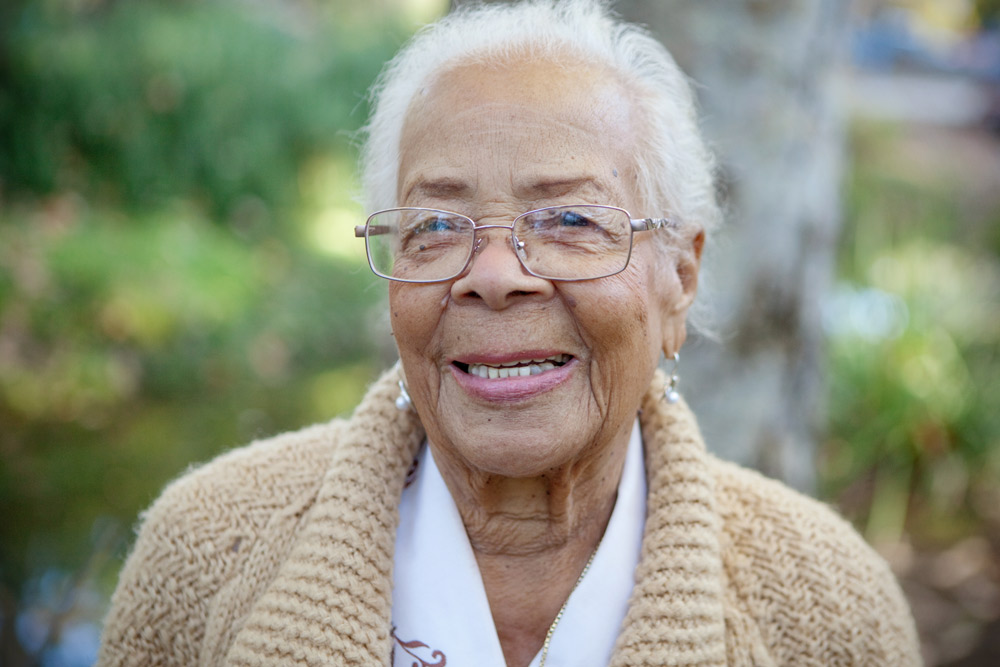Caring for the Caregiver: 5 Practical Tips from a Memory Care Community

Caring for a loved one living with memory loss can be physically, emotionally, and mentally challenging. It’s not uncommon for family caregivers to become so dedicated to their senior loved one’s care that they start to neglect their own needs. As a result, both burnout and compassion fatigue are incredibly common amongst family caregivers.
What are Burnout and Compassion Fatigue?
Burnout and compassion fatigue are similar conditions, ultimately caused by the practical and emotional demands of caregiving. Burnout is perhaps the most commonly known of the two, and typically occurs when a caregiver takes on too much responsibility for their loved one, attempting to do more for them than they are physically, emotionally, practically or financially capable of. For example, burnout may occur when a family caregiver struggles to balance work and family life with meeting a loved one’s increasing memory care needs.
While compassion fatigue can lead to many of the same symptoms as burnout, it primarily manifests as a result of experiencing secondary trauma. This typically occurs when the senior being cared for is suffering or in distress. In other words, while burnout is caused by overwhelming practical caregiving demands, compassion fatigue arises from the emotional impact of feeling a loved one’s pain.
What Are the Signs and Symptoms?
As a family caregiver, it’s vital you’re able to recognize the symptoms of burnout and compassion fatigue. Many family caregivers try to “make do” for as long as possible, but finding the right self-care strategies and support will make the world of difference for both yourself and the person you care for. Here are just a few physical, emotional, and social indicators that family caregivers may need to practice greater self-care or reach out for external support.
Physical
- Exhaustion
- Headaches
- Insomnia (difficulty sleeping)
Emotional
- An uncharacteristic lack of empathy or sympathy
- Dreading having to take care of your loved one
- Feeling irritable, hopeless or unhappy
Social
- Withdrawing from friends and family
- Feeling disconnected from your social life
- Relationship issues
5 Powerful Ways to Care for Yourself as a Family Caregiver
- Track how you feel. By keeping a conscious record of your levels of burnout or compassion fatigue, it may become easier to spot when things are getting too much. Keeping tabs on how you feel will allow you to implement self-care, delegate caregiving responsibilities, or reach out for professional support before things get too much. This could be as simple as rating the severity of symptoms or how you feel in general on a scale of 1-10 each day, or taking 5 minutes every morning or evening to reflect in a journal.
- Maintain your physical health. When the demands of caregiving become more intense, many caregivers find themselves sacrificing their own physical wellbeing. But regardless of your loved one’s needs and the demands of providing care, you deserve to feel healthy. What’s more, maintaining your physical health will allow you to tackle the symptoms of compassion fatigue and burnout, while also providing the best care possible to your aging relative. If you’re short on time, it’s ok to focus on the basics! Simply cutting down on processed foods, eating more fruits and vegetables and doing some light exercise or stretches if you’re safely able can make the world of difference.
- Set realistic goals. As a family caregiver, it can be tempting to take the weight of the world on your shoulders and try to achieve everything alone. Thinking about what you can realistically do and setting simple, achievable goals to make caregiving a little easier is a great exercise. For example, if you’ve been feeling socially isolated, you might decide to join a local caregiver support group. If you think your loved one might need to move to a memory care facility in San Antonio soon, you might aim to do some research and arrange a tour at a few communities. Setting self-care goals can also be useful. For example, you might set a goal of getting 10 minutes of fresh air each day.
- Prioritize socializing. Human beings are social creatures, and without adequate social interaction, our health and wellbeing inevitably suffers. While being a family caregiver can be rewarding and fulfilling, it can also be isolating. If your loved one has a progressive disease like dementia, this might be even more true. If possible, delegate your loved one’s care to another family member for a few hours or a day each week (or even each month). Use this time to nurture your own personal relationships and catch up with beloved friends and family members.
- Ask for help. Providing care for an aging senior with Alzheimer’s disease or dementia can be incredibly tough, particularly as their memory care needs progress. Asking for help could be as simple as asking a friend to cook dinner, or finding out if another family member will help with your loved one’s care for a few days each week. However, due to the progressive nature of conditions like dementia, there might come a time when help from family and friends isn’t enough. At this stage, you may wish to seek out a residential care home or memory care facility in San Antonio. The benefits of memory care are aplenty – for example, your loved one will be looked after by expert staff members trained in caring for people with Alzheimer’s disease and other forms of dementia. At the same time, assisted living and memory care communities often become a valuable support network for family caregivers, presenting ample opportunities to meet other families in a similar position.
If you’re a family caregiver worried about the demands of caring for a loved one living with memory loss, arrange a tour of our community today to find out how we support residents and family caregivers alike.
- Thank You, Family Caregivers - November 22, 2022
- Fall Activities for Seniors with Dementia - October 28, 2022
- 7 Benefits of Memory Care for Seniors and Their Loved ones - September 26, 2022
